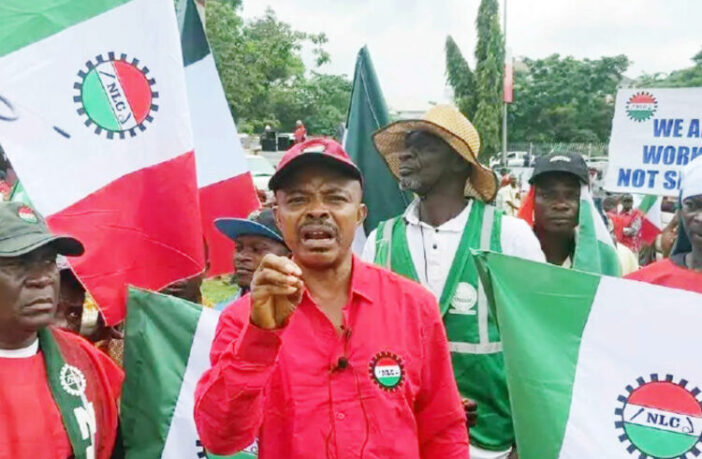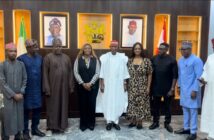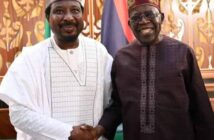By Nafisat Abdulrahman
The Nigeria Labour Congress (NLC), on Thursday, lamented that the recent hike in the prices of petrol has effectively nullified the yet-to-be implemented N70,000 national minimum wage, leaving Nigerian workers in a dire situation.
Speaking at the opening ceremony of a two-day workshop in Lagos, themed ‘Strategies for Effective Implementation of the 2024 National Minimum Wage Act’ for the Southern Zone, NLC President Joe Ajaero expressed the Labour movement’s dissatisfaction with the federal government’s handling of the fuel subsidy removal and subsequent price hikes.
Ajaero insisted that the organised labour had been misled by President Bola Tinubu into accepting the N70,000 minimum wage as a way to preempt fuel price increases, a move, he said, they now regret.
“There is a tactic to distract our attention, to call us names, level allegations against us over cybercrime, financing terrorism, sponsoring terrorism, and the rest,” Ajaero said. According to him, while Labour is grappling with the allegations, the government has allowed the issue of skyrocketing petrol prices to persist, worsening the hardship for Nigerians.
He disclosed that in their negotiations with President Tinubu prior to agreeing on the N70,000 minimum wage, they were promised that the government would not increase fuel prices. However, Ajaero said they feel betrayed by the President, as the situation has deteriorated instead of improving.
“I repeat, we were betrayed by Mr. President. That statement we issued over our being betrayed is being denied by officials of the government. I am repeating it that we were betrayed. Some of you here were at the meeting when Mr. President said, ‘Ajaero, you are the problem. Since we said subsidy is gone, you don’t want to allow us to increase again. If you allow me to increase, we will pay you that N250,000.’”
Ajaero recalled how the President pressured labour leaders to choose between higher fuel prices and a wage increase of up to N250,000. However, the NLC refused, recognizing that such an increase would still be insufficient to cushion the effects of further price hikes.
“Even the N250,000 will not be useful to us. If we continue to increase salaries, it will make a mess of our economy, and then you continue to increase the pump price. In fact, that N250,000 may not be enough to even buy fuel,” Ajaero stated.
The NLC president also revealed that President Tinubu offered to fund a trip for labour leaders to tour some West African countries where petrol prices are much higher than in Nigeria. “Mr. President equally offered to fund our trip to tour some West African countries, where the least price of petrol is selling at N1,700. He even said in Cameroon, they are selling at N2,000 and that none of them has a refinery, but they are getting their products from Nigeria.”
In response, Ajaero and his team declined, stating that the real issue lies at Nigeria’s borders, where products are smuggled out of the country to neighbouring nations. “We equally said no because Nigerians will say they have given us money; they won’t say it’s money for us to visit those West African states.”
The NLC president explained that labour refused to entertain further price increases and instead focused on the minimum wage. He noted that during negotiations, there was strong resistance from private sector employers, federal and state governments, who were all against any substantial wage increase.
“Some people are still saying they cannot pay that N70,000,” Ajaero said. “This is the dilemma all of us are facing. In fact, the private sector employers in our meeting gave us a tough time. They refused to shift, and they wanted to vote with state government, federal government, and the private sector on one side, all against labour on the other side.”
Ajaero added that these challenges led to several walkouts during negotiations, further complicating efforts to secure a livable wage for Nigerian workers. He emphasized that the government must urgently address the growing hunger, poverty, and frustration among Nigerians to prevent the situation from spiraling out of control.




